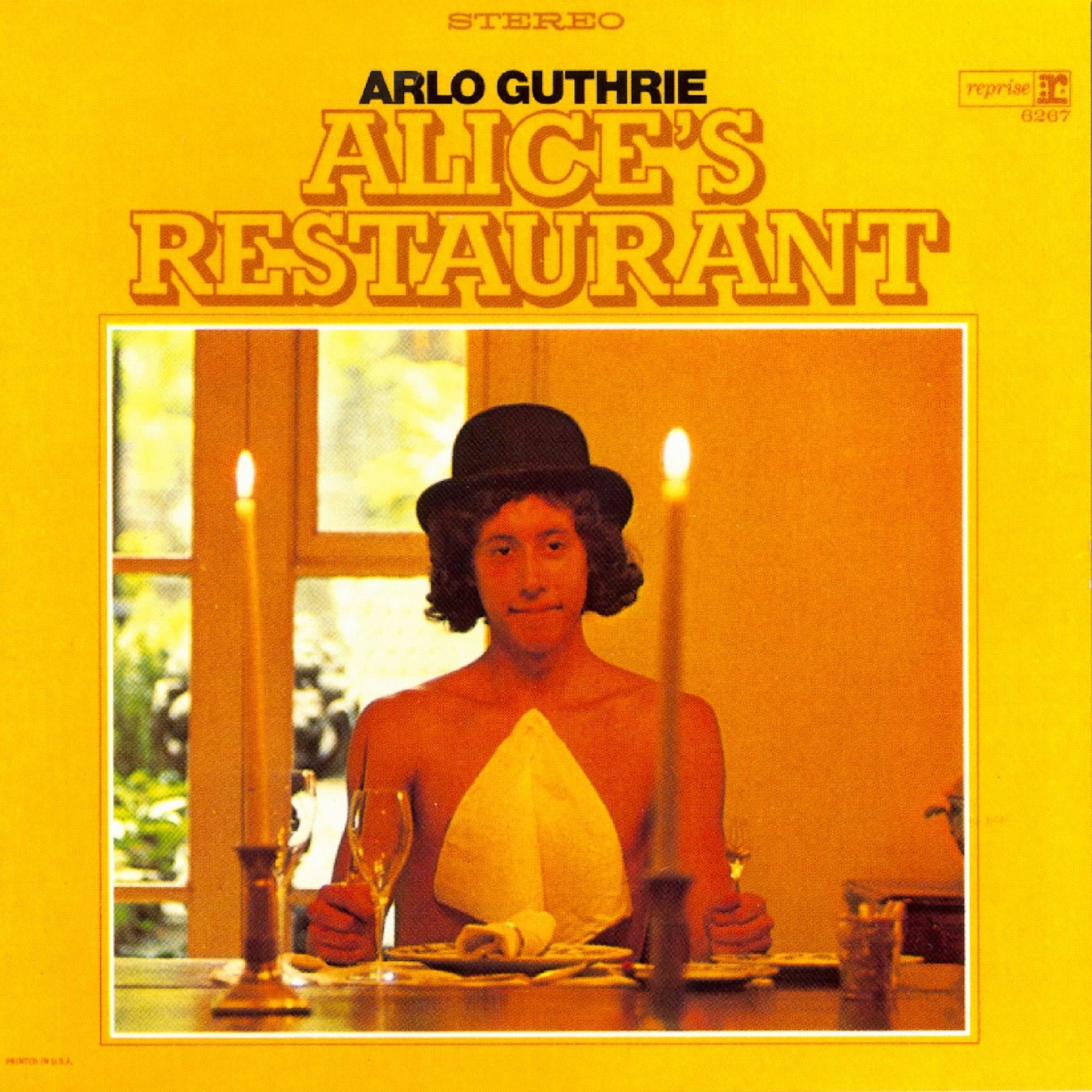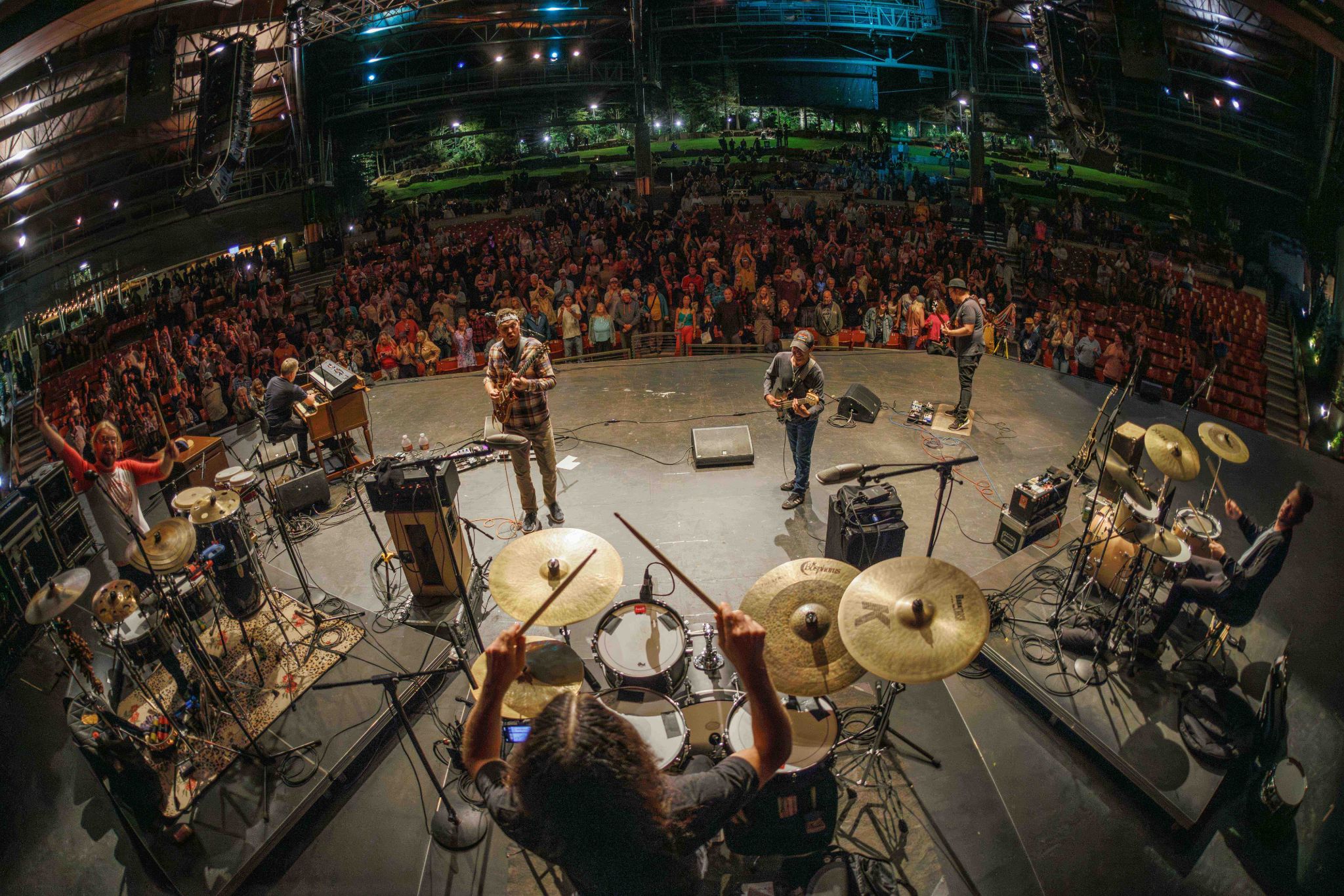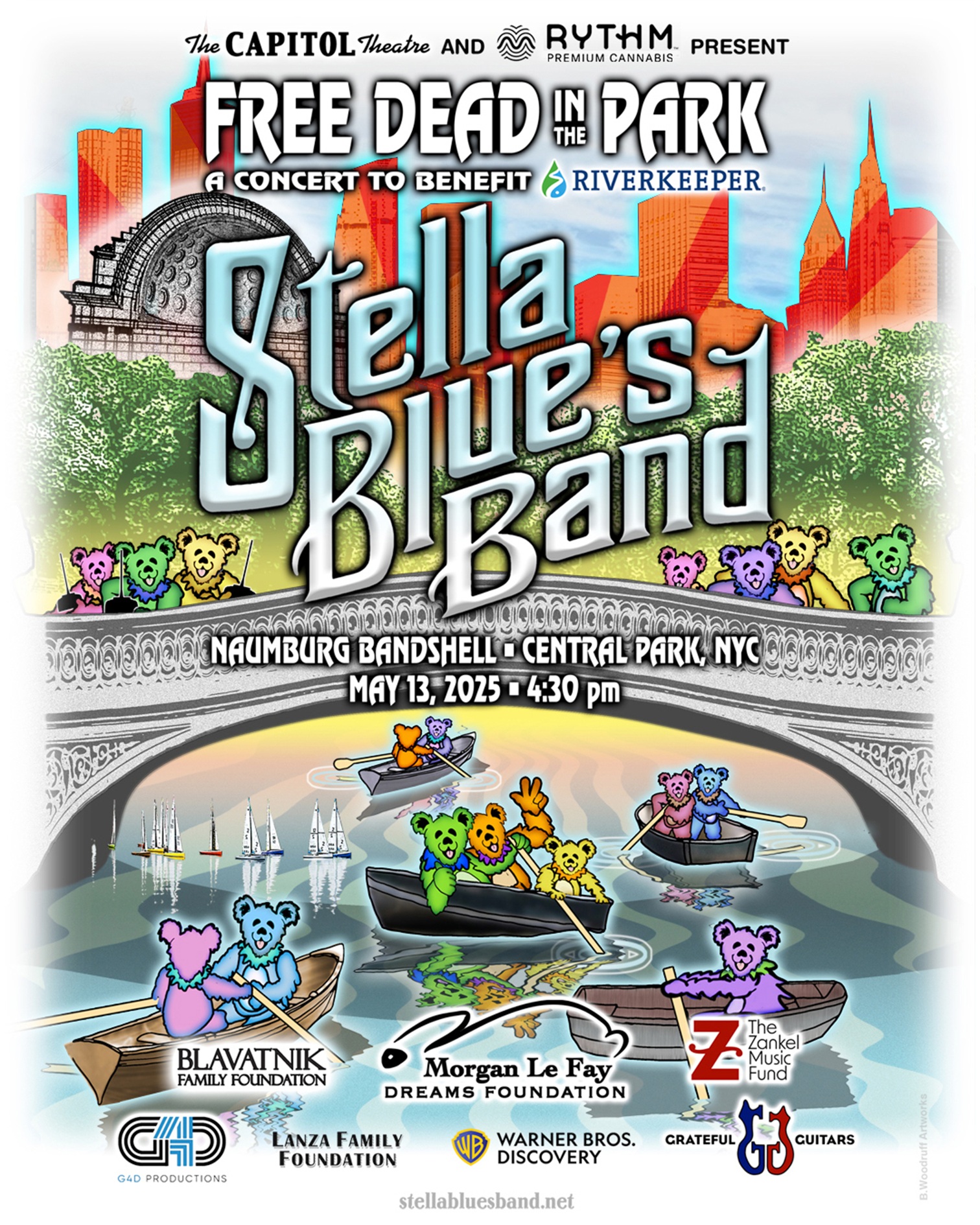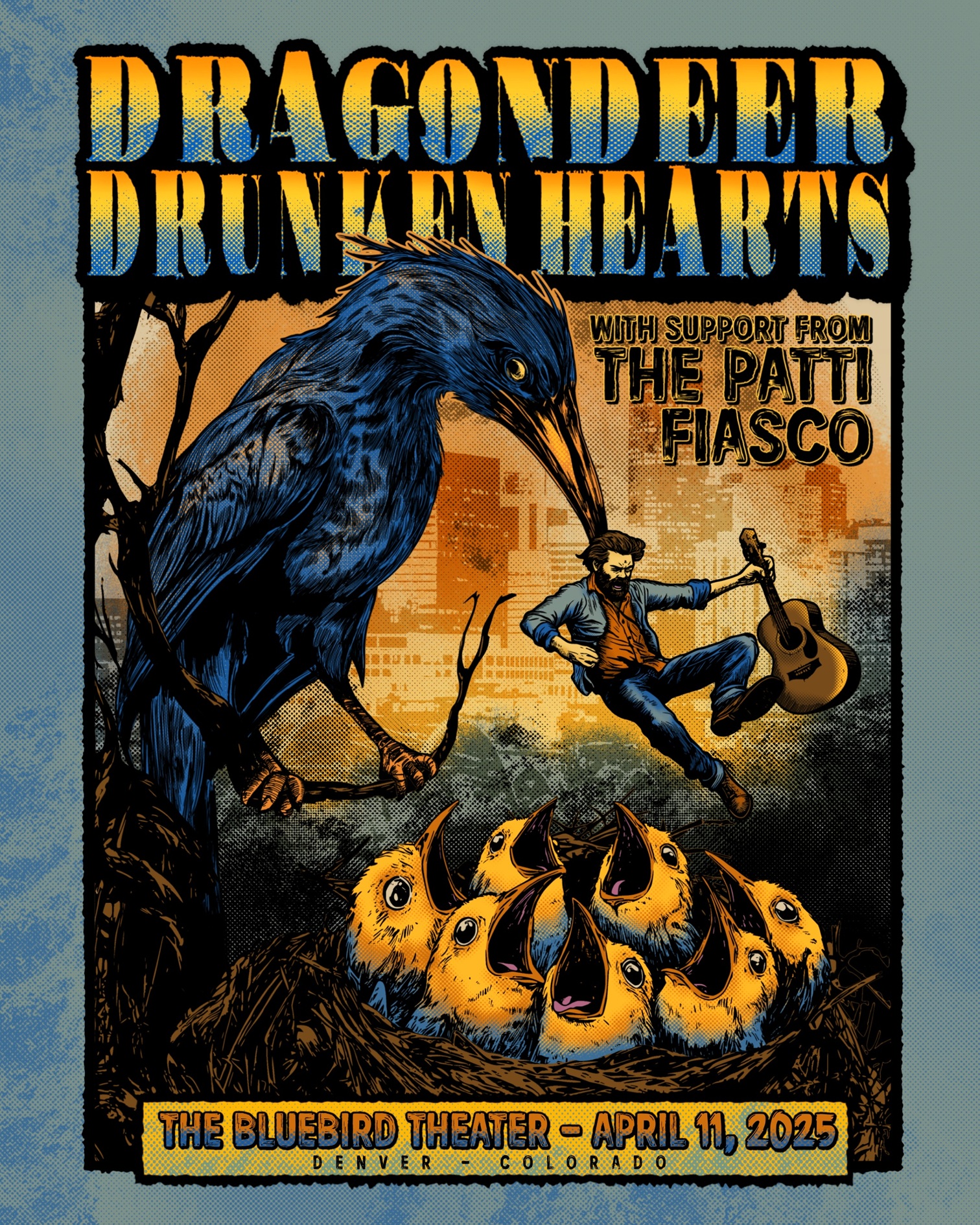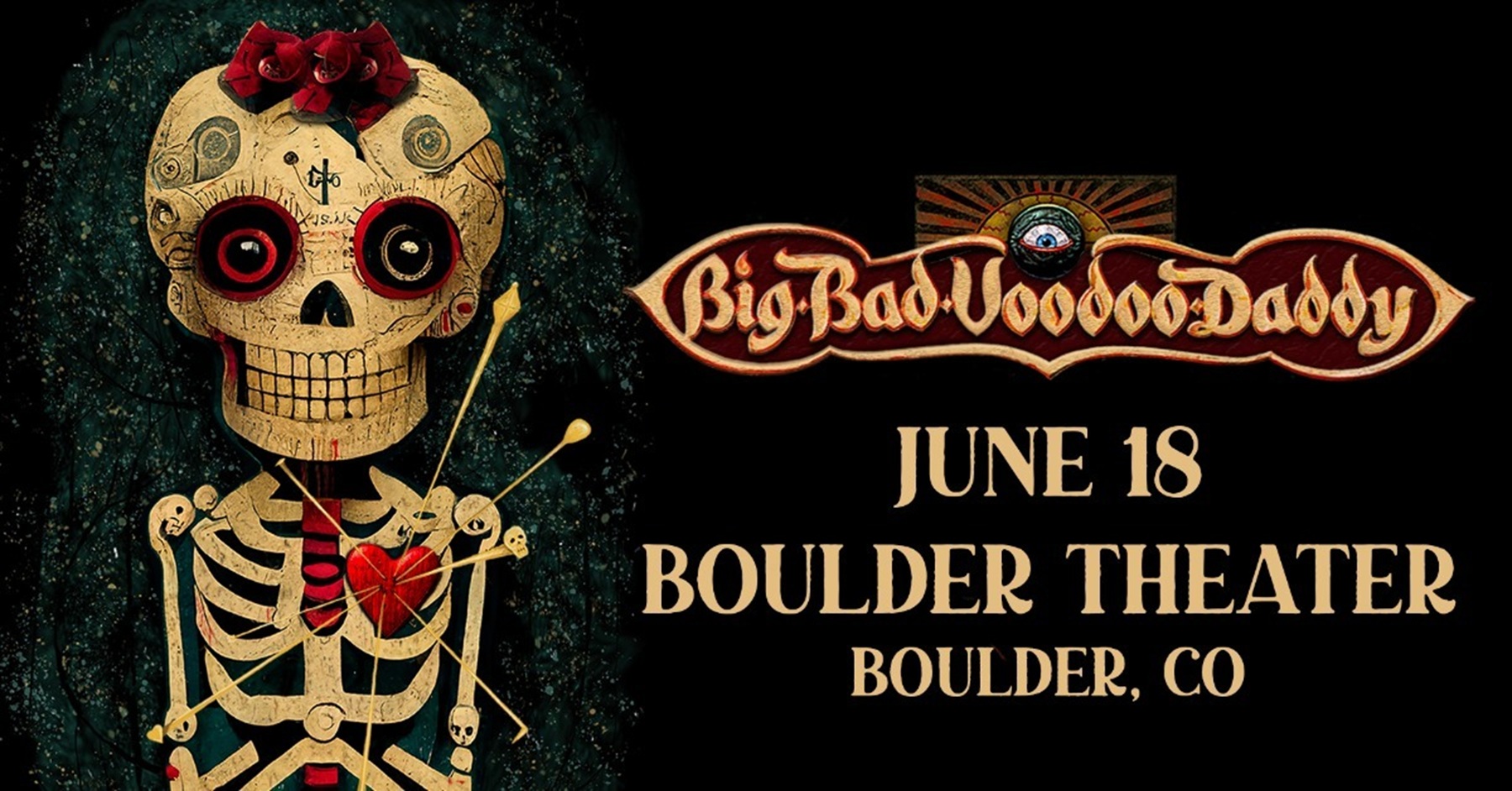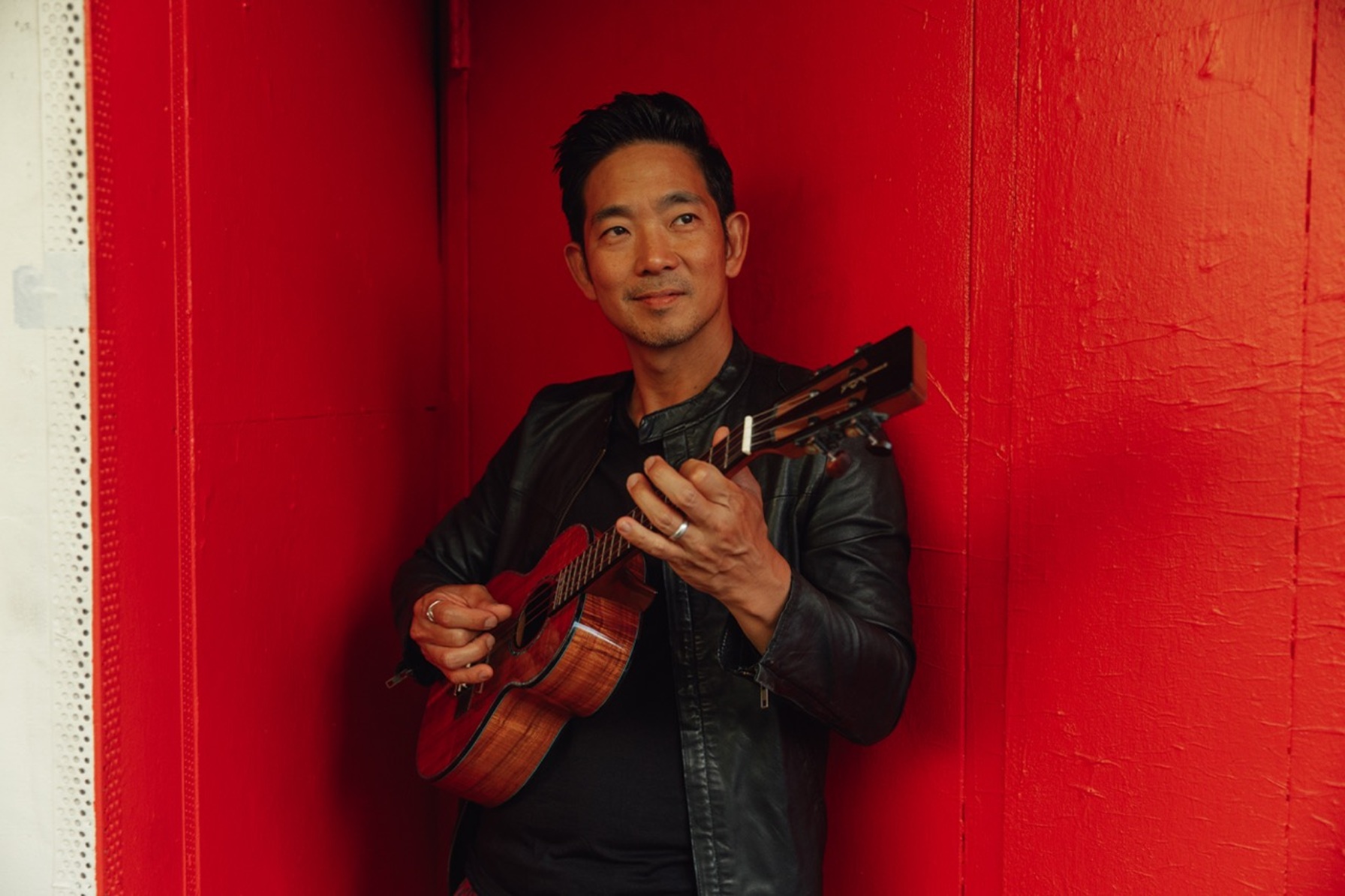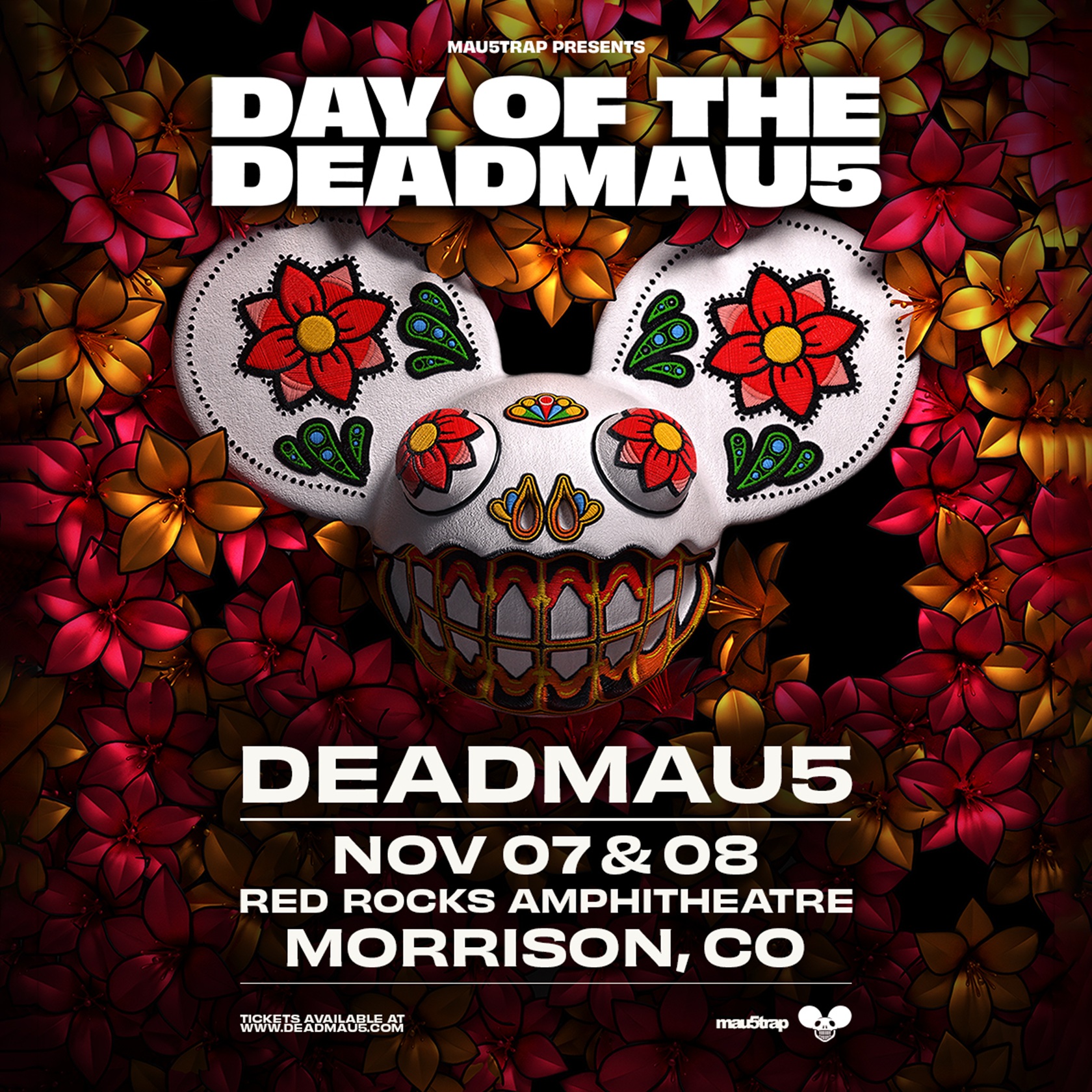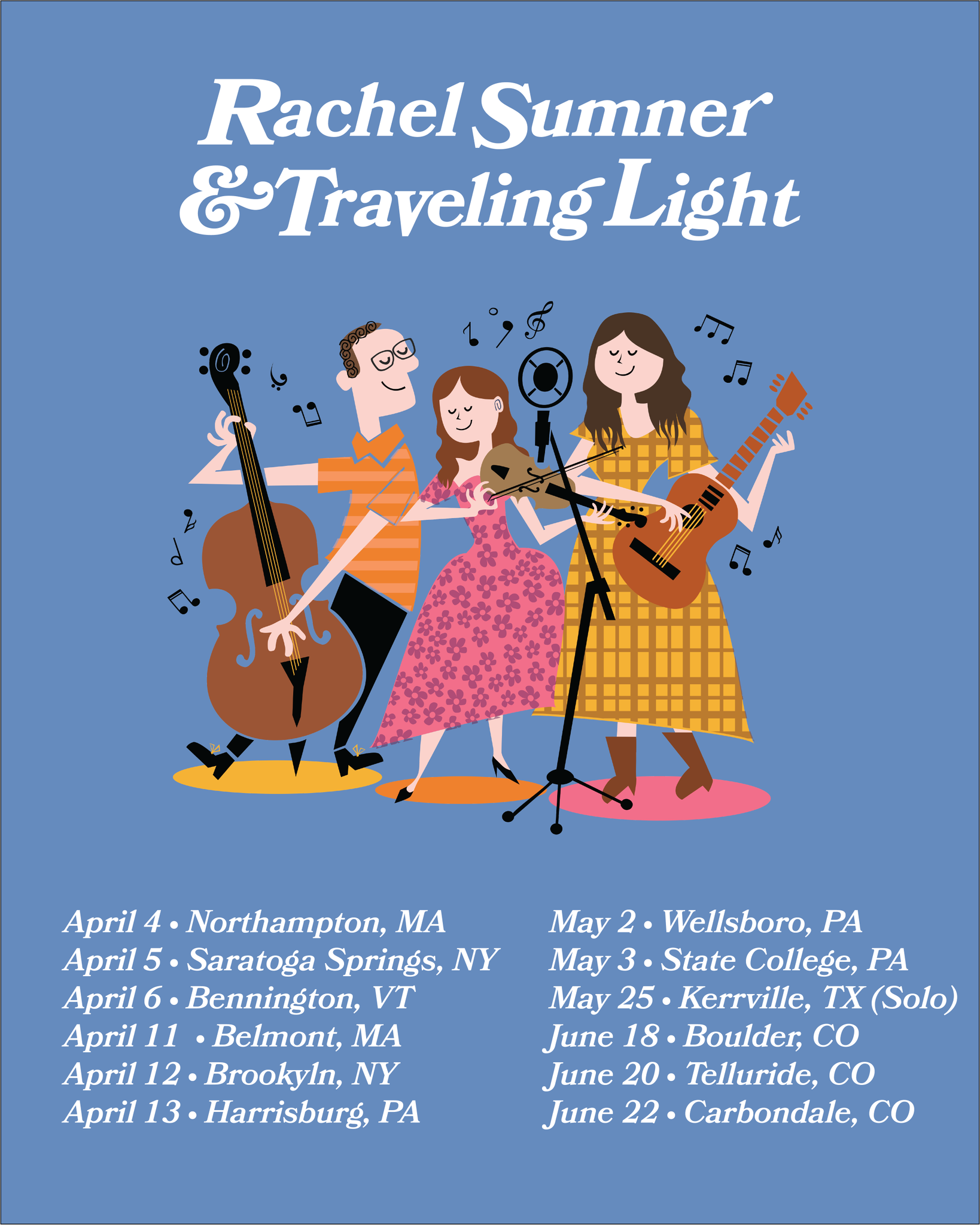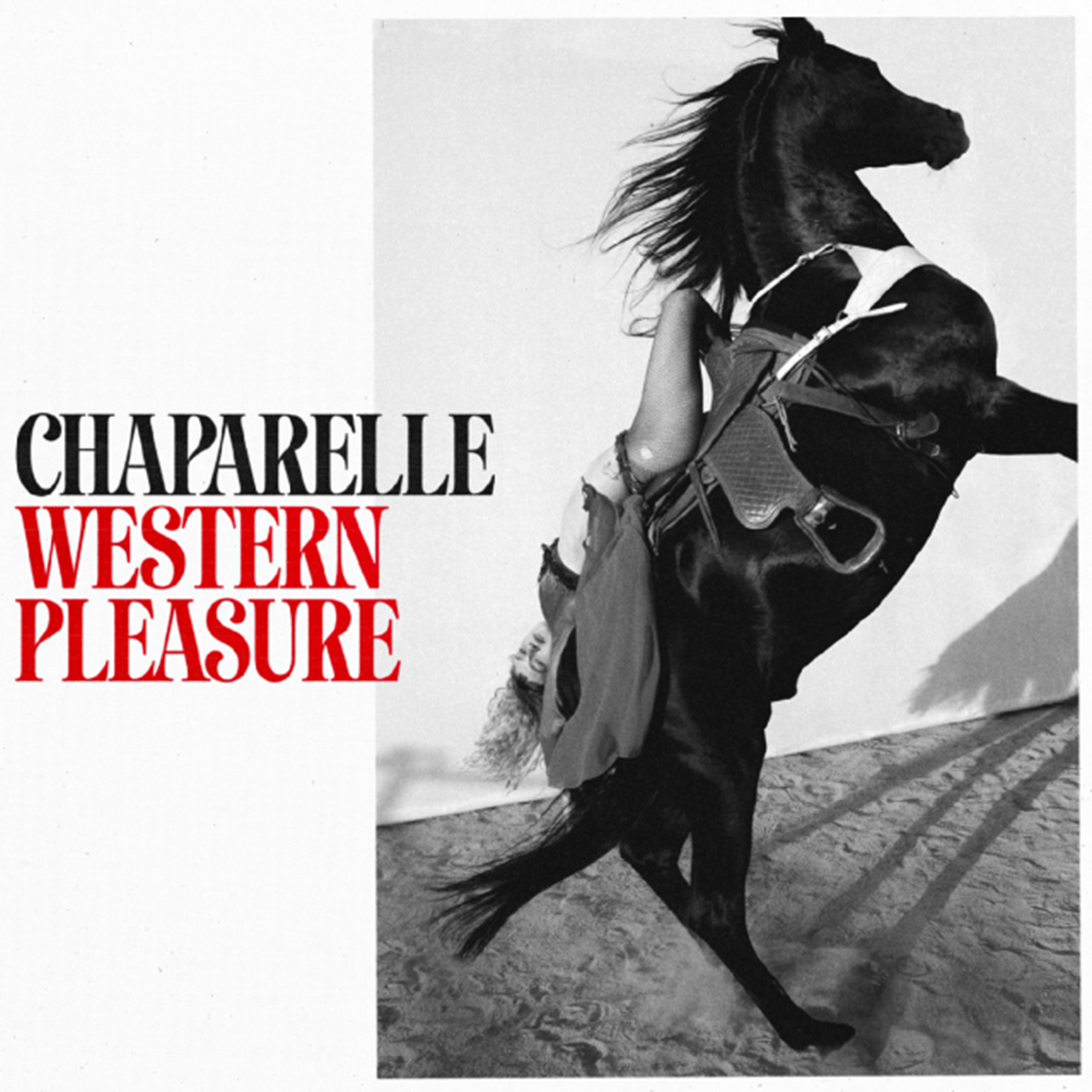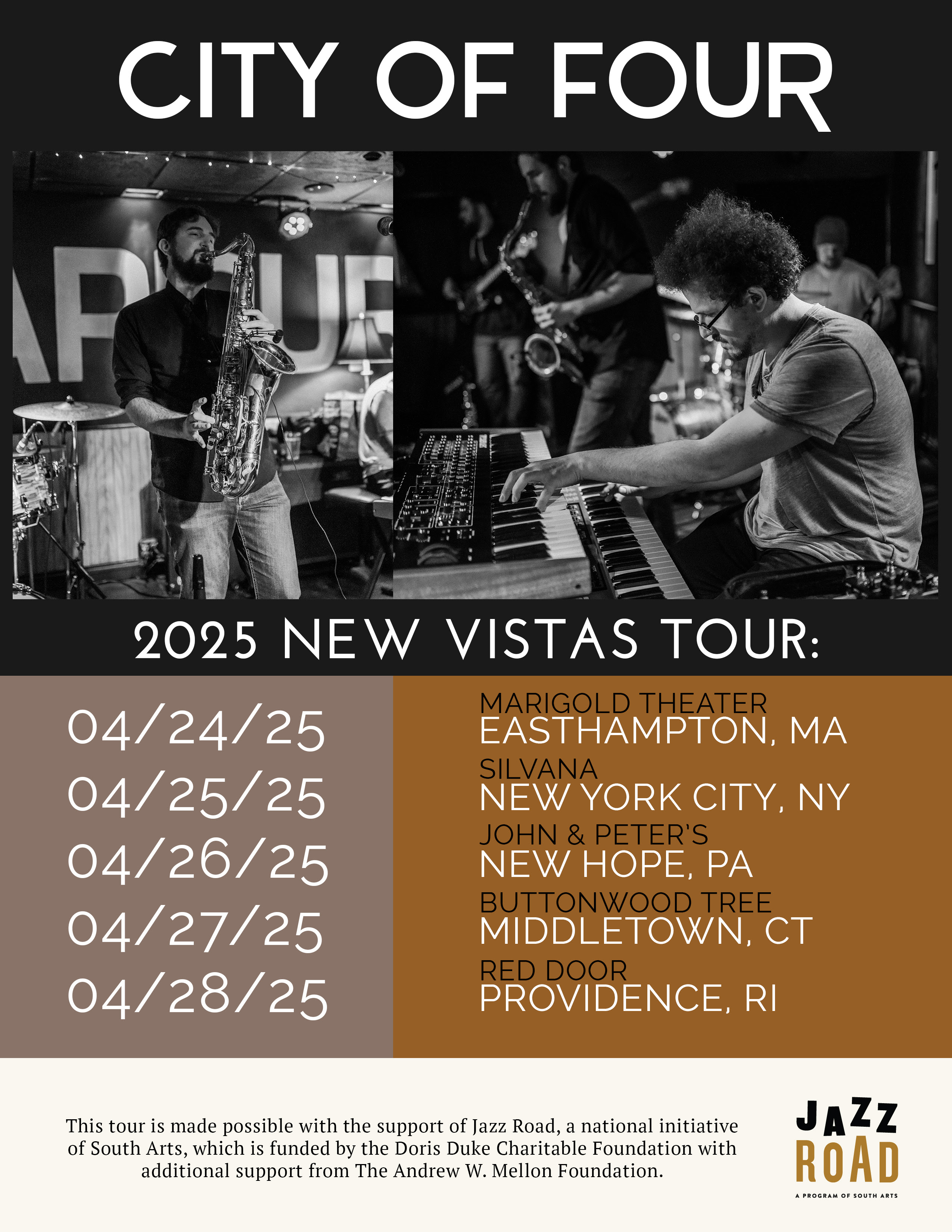Every Thanksgiving, homes across America echo with a familiar refrain: "You can get anything you want at Alice's Restaurant (excepting Alice)." For many, playing Alice’s Restaurant Massacree by Arlo Guthrie is as much a part of the holiday as turkey and cranberry sauce. This 18-minute spoken-word folk anthem has transcended its era to become a quirky, heartfelt Thanksgiving tradition.
Released in 1967, Alice’s Restaurant Massacree is far more than a song—it’s a satirical story, a folk epic, and a window into 1960s counterculture. Guthrie recounts a true (and humorously embellished) story from Thanksgiving Day in 1965, when he and a friend, Alice Brock, visited her deconsecrated church home for a holiday meal. After the feast, they volunteered to take the trash to the dump—only to find it closed. Their decision to dispose of the trash elsewhere led to a comically overblown brush with the law. What follows is a biting critique of bureaucracy, hypocrisy, and war, wrapped in Guthrie’s charming wit and deadpan delivery.
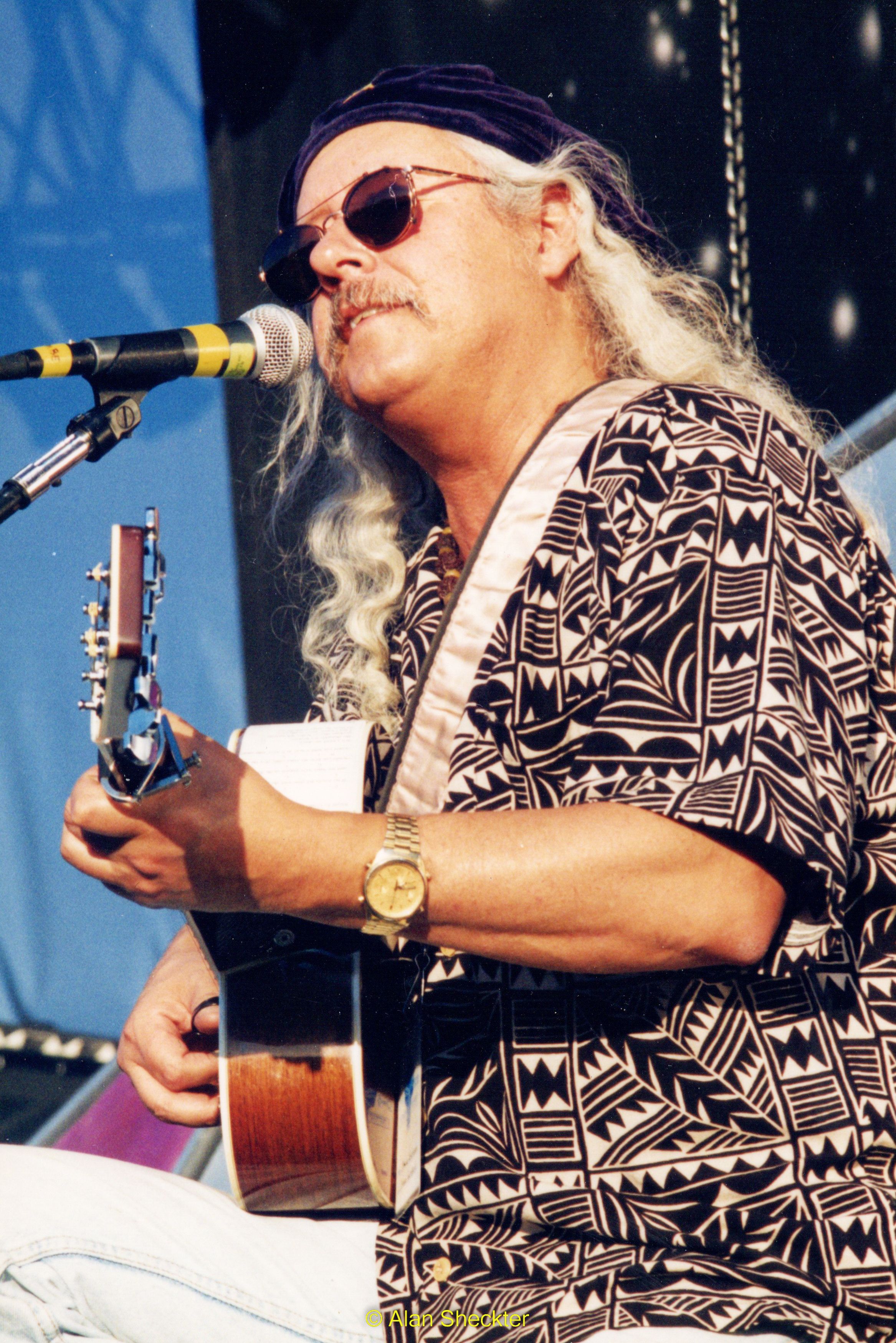
The song begins as a lighthearted tale of youthful rebellion but takes a sharp turn into social commentary. The climax arrives when Guthrie, facing the Vietnam War draft, uses his arrest record for littering as a protest against the absurdity of war. His irreverent humor masks a deeper message about individual freedom, moral courage, and the absurdities of authority. Guthrie's line, "I mean, I wanna kill. I wanna kill! I wanna see blood and guts and veins in my teeth!" satirizes the militarism of the draft system, making Alice’s Restaurant a peace anthem that resonated deeply with the anti-war movement.
Why Thanksgiving?
The story’s setting—Thanksgiving Day—naturally anchors the song to the holiday. But its themes of camaraderie, food, and reflection on societal norms give it a timeless relevance. On Thanksgiving, a day often centered on family and gratitude, Alice’s Restaurant offers a humorous reminder of the power of storytelling, community, and speaking truth to power.
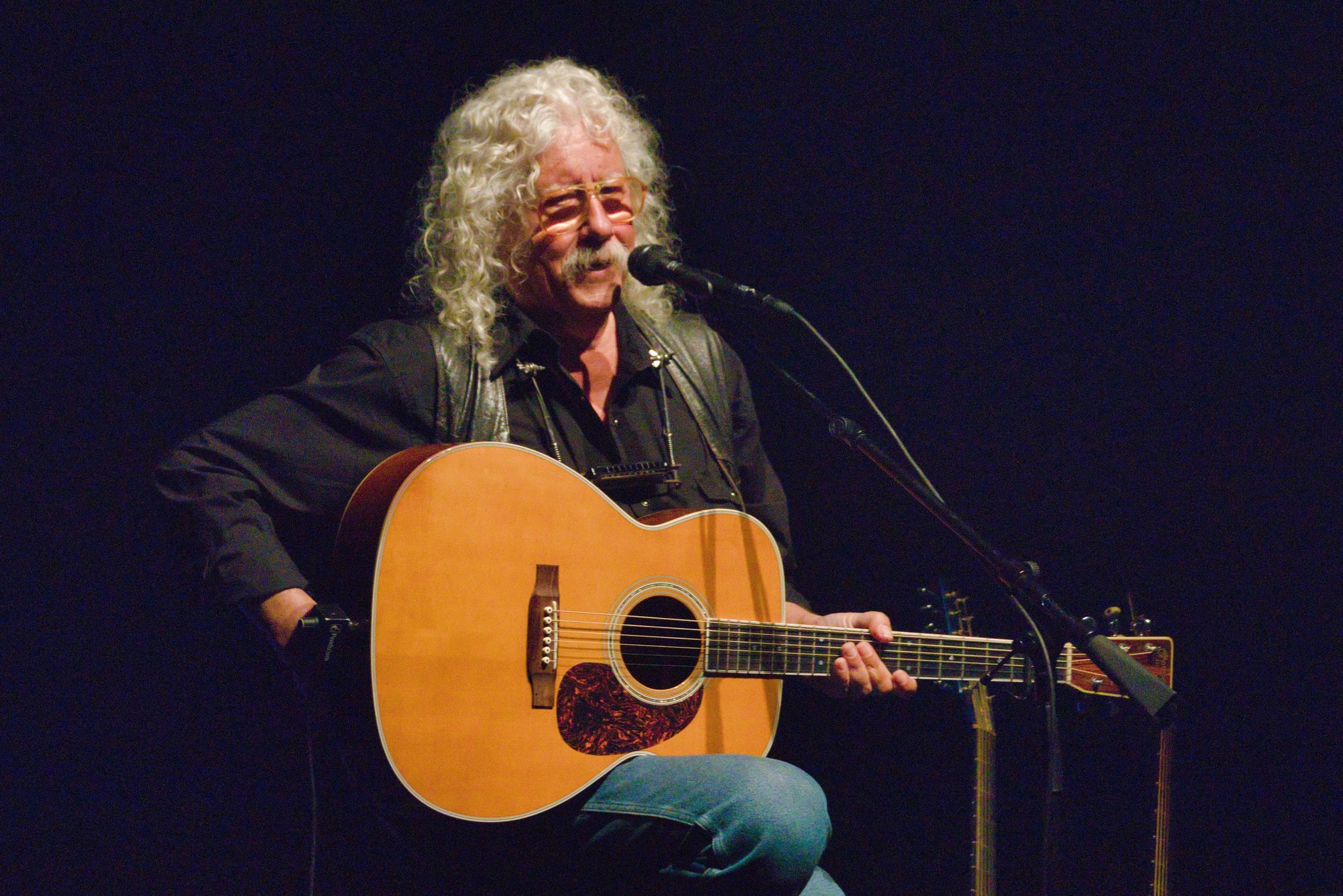
As the son of folk legend Woody Guthrie, Arlo inherited a rich musical legacy. But Alice’s Restaurant was distinctly his own—a wry, sprawling narrative that cemented his place in the folk pantheon. Guthrie’s storytelling prowess and his ability to blend humor with biting critique reflect a tradition of folk music as a voice for social change. Over the years, Arlo has embraced the song’s enduring popularity, often performing it live with updates to reflect changing times.
For many, Alice’s Restaurant is a chance to step back, laugh, and remember the value of questioning authority while sharing a meal with loved ones. Its humor and charm bring people together, while its poignant critiques ensure it remains more than just a novelty. Whether you’re listening for the 50th time or discovering it anew, the song encapsulates the Thanksgiving spirit: community, reflection, and a little bit of rebellion.
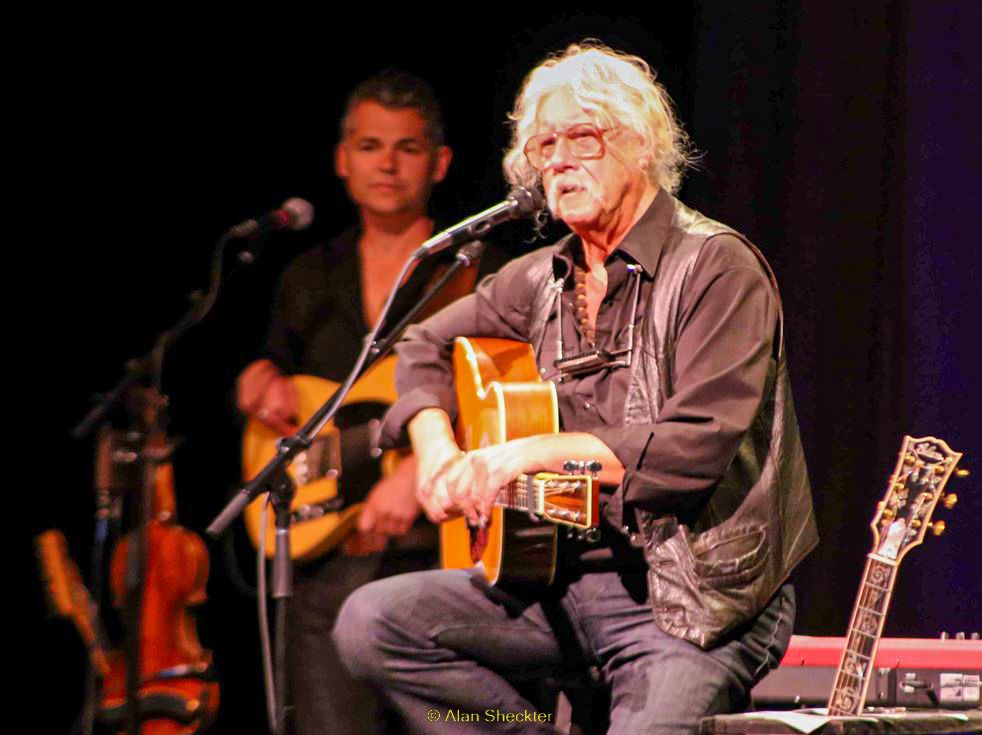
As you gather around the table today, consider giving Alice’s Restaurant a spin. It’s a reminder that sometimes, amidst the chaos of life and the world, you can find humor, humanity, and even a little hope. Happy Thanksgiving!
Honoring Alice Brock
This year, the tradition of Alice’s Restaurant carries an added layer of poignancy, as Alice Brock, the real-life inspiration behind the song, passed away on November 21st, 2024, at the age of 83. Alice was not only the namesake of the beloved folk classic but also a vibrant, creative force—a restaurateur, artist, and free spirit who epitomized the counterculture ethos of the 1960s.
Arlo Guthrie immortalized her generosity and quirky charm in the song, transforming what might have been a small anecdote into a timeless anthem of individuality and rebellion. Alice's deconsecrated church in Stockbridge, Massachusetts, where she hosted that fateful Thanksgiving meal in 1965, became a symbol of community and creativity.
Her legacy lives on in the laughter and connection the song continues to inspire. This Thanksgiving, as we listen to Alice’s Restaurant, let’s remember not just Arlo’s wit and storytelling, but also Alice herself—a woman whose spirit embodies the song’s heart.
And now, without further ado, here is Alice’s Restaurant!
Hit play, sit back, and let Arlo Guthrie take you on a Thanksgiving journey filled with humor, heart, and a little rebellion. Whether it’s your first listen or your hundredth, this classic folk masterpiece is sure to bring a smile to your face and a warm sense of connection to your holiday table.
Happy Thanksgiving from all of us at Grateful Web





